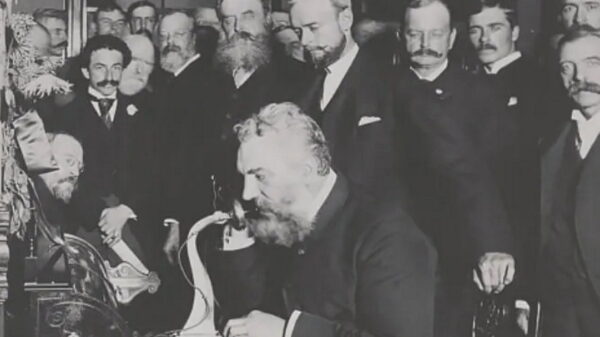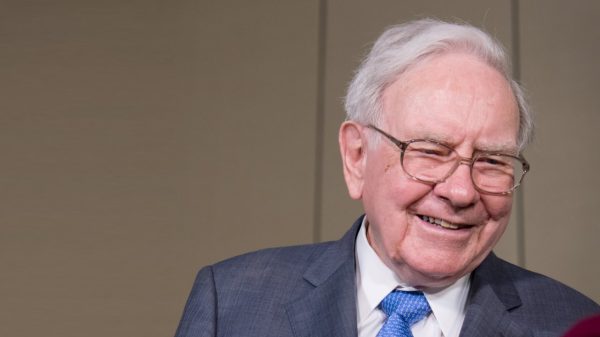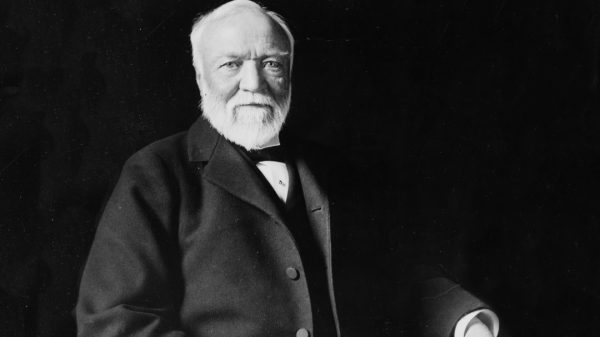From the Scientific Reports journal and reported by Fast Company, researchers in Australia explore personality traits as it relates to successful startups.
Their paper claims successful founders have traits not typically found in the population at large, and their findings suggest that six particular personality types—Fighters, Operators, Accomplishers, Leaders, Engineers, and Developers, or collectively, “FOALED”—predict success much better than other factors that the business world often weighs first, such as which industry the company belongs to (their traits-based metric is allegedly five times more predictive of success), or the founder’s age (their metric is allegedly two times more predictive).
Their conclusion, after studying the successful startups and analyzing founders’ traits, was that good founders had a couple of particular facets of their personalities that aren’t that common. They include a drive for variety and novelty, an openness to adventure, less modesty, and higher energy levels. The more these traits are found in a company, the paper says, the greater its odds of success are.
And that is where the emphasis shifts: These traits don’t need to be concentrated in a singular founder, they write. “Firms with three or more founders are more than twice as likely to succeed than solo-founded start-ups,” a coauthor from Oxford, Fabian Stephany, said.Computer scientists have predicted whether your startup will fail based on your personality
Startups with diverse combinations of founder types have an 8- to 10-times greater chance of success than companies with a sole founder, leading the study authors to coin something they call the Ensemble Theory of Success.

















